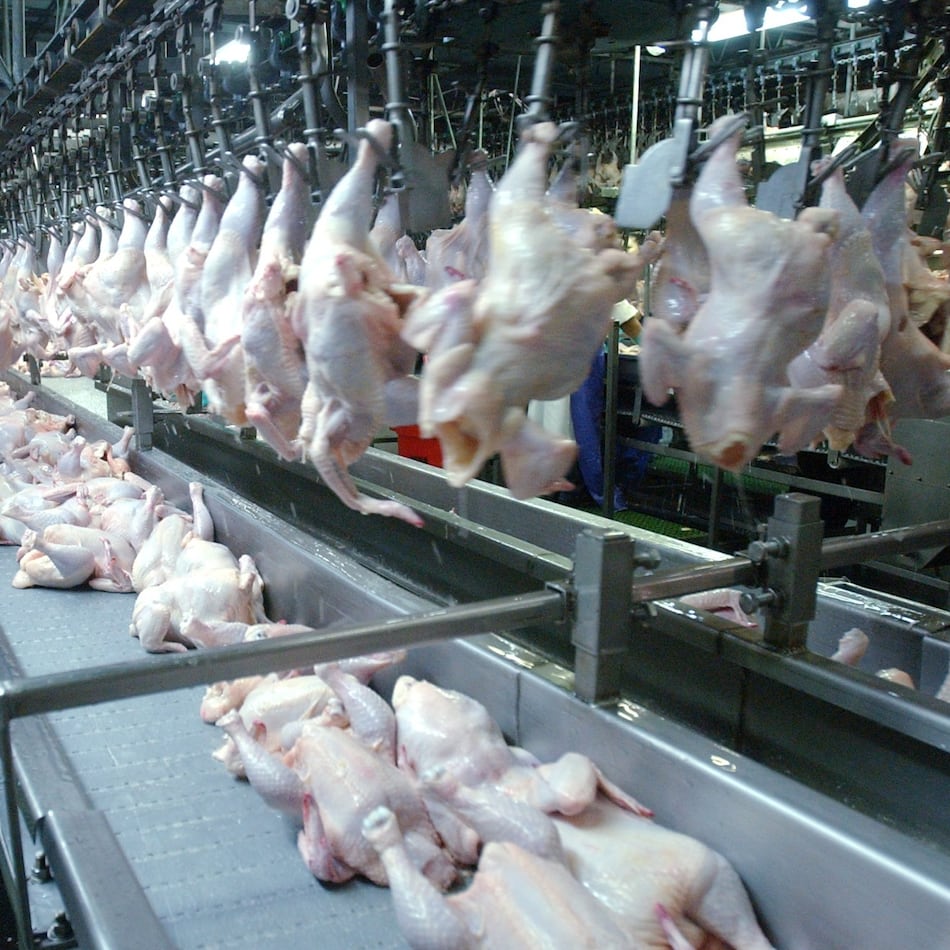There will come a time when the sight of Freddie Freeman in another team’s uniform doesn’t arrive with a jolt. That time will not be this week, maybe not this season. Perhaps this decade, though.
Five weeks have passed since we learned the Braves would part with the face of their franchise. This came in a roundabout way. The Braves announced on March 14 they’d traded half their farm system to Oakland for Matt Olson. On March 15, they signed him to an eight-year extension for $168 million. On March 17, Freeman agreed to terms with the Dodgers, those terms being six years for $162 mil.
We’ve since heard – through ESPN’s Buster Olney, citing four sources – that Freeman’s representation had, on March 12, given the Braves three options. The first was to give Freeman a six-year deal at $175M. The second was five years at $165M. The third was to take a flying leap into Lake Oconee.
The Braves, Olney reported, were given an hour to respond. Their response was to say, “Watch our dust.” Alex Anthopoulos, grandmaster of Plans B through Z, not only secured an All-Star first baseman but locked him up for more money than the Dodgers would give Freeman. This was done BEFORE Freeman officially exited the A-T-L. This softened the blow a hundredfold.
Flip the timing of those events – Freeman signing with L.A. before Olson became a Brave through 2029 (with a club option for 2030) – and our reaction would have been rather different. As it happened, Anthopoulos wasn’t the general manager who allowed face-of-the-franchise-Freddie to leave; he was the GM who’d found the nearest possible facsimile and signed him for longer than the Dodgers will have their new man. Oh, and Olson just turned 28. Freeman will be 33 in September.
We can hate baseball for forcing teams to make such choices, but this is nothing new. Phil Niekro left as a free agent, a move that cost Joe Torre his job. (The manager won four World Series elsewhere, twice trumping the Braves.) Dale Murphy got traded. Hank Aaron got traded, though it was his desire to finish his career in Milwaukee as a designated hitter. The Cooperstown collective of Tom Glavine, Greg Maddux and John Smoltz exited as free agents. A one-club-and-done player like Chipper Jones is, alas, the exception that proves the rule.
The belief here is that MLB’s lockout played a significant, if unquantifiable, role in Freeman’s leaving. By re-upping with the Braves in the spring of 2014, he signed away his first opportunity to become a free agent. His long-anticipated open market shut in less than a month. From Dec. 2 through March 10, teams conducted no business.
The lockout ended. Players rushed to a shortened spring training. Free agency was on beat-the-clock time. Freeman has said he was “blindsided” when the Braves landed Olson – though the trade happened two days after the deadline reportedly imposed by his agents.
At that moment, Freeman wasn’t sure where he’d land – only that it wouldn’t be in Atlanta. His dad told Jack Harris of the Los Angeles Times: “I really thought he’d be there for the rest of his career. They weren’t talking, but it was still a shock.”
The not-talking part became a talking point. Anthopoulos choked up during a media session the day Olson was acquired. In his inaugural remarks with the Dodgers, Freeman offered the verbal equivalent of an eye roll. Of Anthopoulos’ tears, he said: “I saw them. That’s all I’ll say.”
On March 27, Freeman told the AJC’s Gabriel Burns that he and Anthopoulos spoke that week for three hours. “It was good for us to be good again,” Freeman said. He asked that Anthopoulos make the trip for the Braves’ April series in L.A. so the two, in grand Freddie style, could hug.
Freddie Freeman is a good guy. Alex Anthopoulos is a good guy. Each has a job to do. That they’re no longer working together is a function of how big-time sports work. The pragmatic Glavine got so mad at the Braves that he signed with the Mets; five years later, he was a Brave again, albeit briefly. He was providing commentary on Braves TV soon thereafter.
As the Braves and Dodgers convene, we stress that there are no villains. These teams have met in the past two National League Championship Series. Each went on to win a World Series. These are classy clubs run by classy people. (Anthopoulos spent two years in Tinseltown before alighting in Cobb County.) The Dodgers’ first baseman is hitting .324. The Braves’ first baseman is hitting .421. Both are wealthy men.
About the Author
The Latest
Featured


